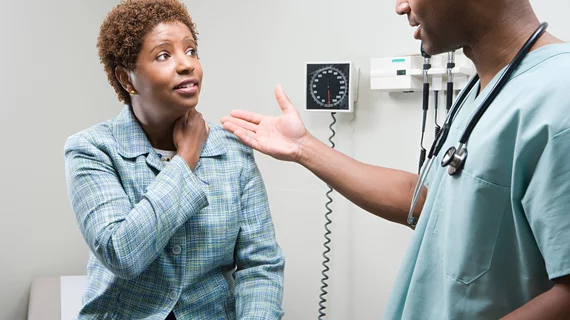Daytime sleepiness might be contributing to hypertension in black women
Daytime sleepiness and poor sleep patterns might be linked to hypertension in black women, researchers reported last week at the American Heart Association’s Joint Hypertension 2018 Scientific Sessions in Chicago. The same trial also connected excessive fatigue to inactivity and obesity.
Augustine Kang, MSc, and Patricia Markham Risica, DrPH, co-authored the paper, which studied connections between sleep and physical health in 361 black women, according to a release. The researchers measured participants’ tiredness with a questionnaire that asked them how likely they were to doze during daily activities, or nap “if given the opportunity.” Physical activity was also self-reported.
Around half of the study pool, the majority of whom were in their fifties, said they slept less than seven hours a night—the National Sleep Foundation’s minimum recommendation for adults. Sixty-two percent of women reported daytime sleepiness, the majority of whom rated their level at a “high normal.” A little more than a quarter of participants said their daytime fatigue was excessive.
Women who admitted to daytime sleepiness had a higher incidence of limited sleep and tended to exercise less, Kang and Risicia said. They also, on average, had higher blood pressure.
According to the release, the study’s authors hope their findings will contribute to efforts to combat obesity and hypertension in the black female population. In the future, they said, research in the area might want to address sleep quality, too.

